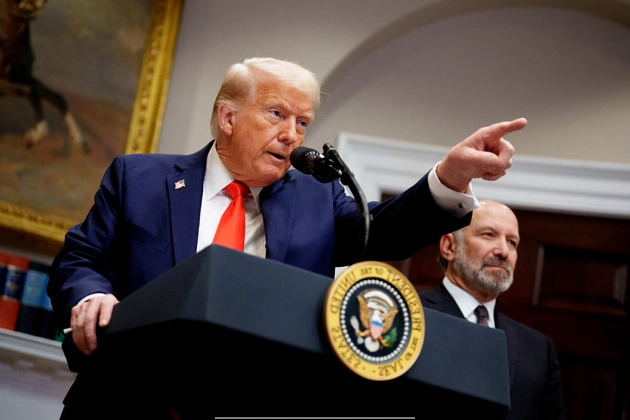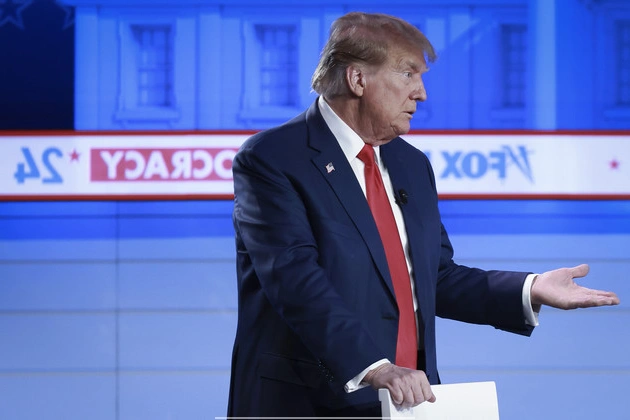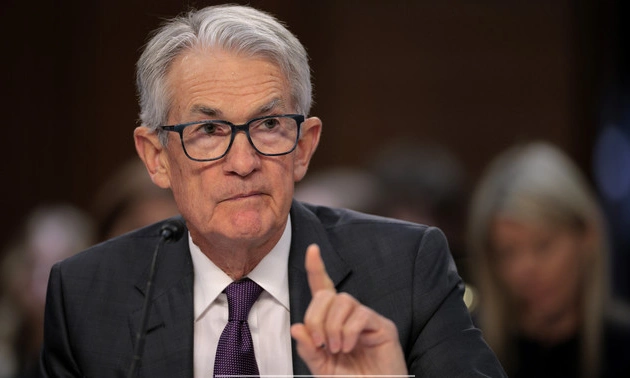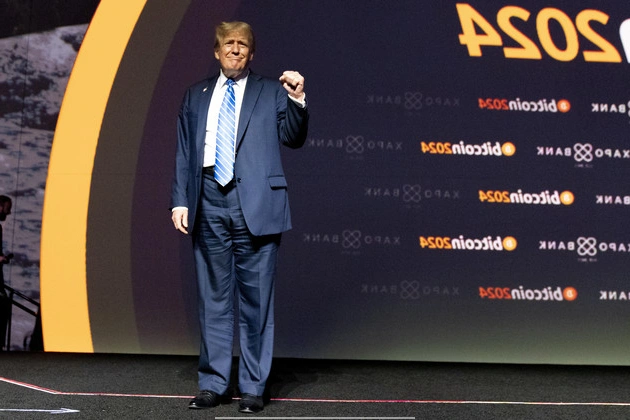
Former Treasury Secretary Larry Summers was one of the few Democrats who warned early in the Biden administration that the party’s massive spending plans would spark inflation.
The Warning Signs for Trump
Now, as Donald Trump threatens to impose punishing tariffs on the U.S.’s closest trading partners, Summers is sounding an alarm for the new president: You’re about to fall into the same trap.
“Unrealistic macroeconomic cheerleading usually backfires because it’s associated with bad policy and because it undermines credibility,” Summers said in an interview. “This administration, given the self-inflicted supply shocks to the economy it is implementing, very much has that risk.”
Trump’s advisers have brushed aside concerns that prices could surge if tariffs are enacted, saying those effects would be short-lived and limited. But Trump’s threats to slap additional duties on Canadian, Mexican, and Chinese imports could test the willingness of voters to withstand another round of surging prices. The wounds of Biden-era inflation are still fresh — it was a major reason why Trump won a second term — and voters abandoned Democrats as post-pandemic sticker shocks lingered even after the 2022 midterms.
The Impact of Trump’s Trade Agenda
Trump’s “inflationary errors are at risk of exceeding those of the Biden administration,” Summers said.
Mexico and the U.S. pulled back from the brink on Monday when President Claudia Sheinbaum’s government agreed to beef up border security, prompting Trump to say he’s holding off on the tariffs for a month. There was no word about any deal with Canada or China.
Top Trump advisers like Treasury Secretary Scott Bessent and Stephen Miran, who’s been picked to lead the Council of Economic Advisers, have said the effects of Trump’s trade agenda could be limited. Bessent in November said tariffs only represent a “one-time price adjustment,” while Miran has noted that the dollar’s appreciation in a more protectionist trade regime could offset rising prices.
But Trump himself on Sunday acknowledged that the effects of his trade policies could come at a cost. But he also said that businesses should be building in the U.S. if they want to avoid tariffs — and that his endgame is worth the cost.
“WILL THERE BE SOME PAIN? YES, MAYBE (AND MAYBE NOT!),” he added. “BUT WE WILL MAKE AMERICA GREAT AGAIN, AND IT WILL ALL BE WORTH THE PRICE THAT MUST BE PAID.”
The Risks and Challenges Ahead
The danger, of course, is if the “pain” that Trump raised as a possibility is more severe than what voters anticipated. Consumers ultimately bore the cost of Trump’s 2018 tariffs — which were much narrower in scope — and the American Farm Bureau and National Association of Home Builders have already warned that their members’ input costs will spike once Trump’s new levies take effect. Food and energy prices could climb. The economic impact will be felt even more broadly if other countries retaliate.
The risks are even particularly acute for Trump because he ran on promises to bring down costs, said James Carville, the Democratic strategist. Since Trump has already walked back on those promises — he cautioned in a post-election interview with Time that “it’s hard to bring things down once they’re up,” — it will be incumbent on Democrats to hammer the administration repeatedly over any potential inflation that could accompany his policies.
Looking Ahead
Democrats have struggled in the early days of Trump 2.0 to capture the public’s attention in any meaningful way, though their resistance to the new president’s policies has accelerated since the funding freeze last week.
Trump on Monday morning said that he had spoken with Canadian Prime Minister Justin Trudeau and would speak with him again later this afternoon; raising the possibility that the nascent trade war with two of America’s top allies could be short-lived.
“I look forward to participating in those negotiations, with President Sheinbaum, as we attempt to achieve a “deal” between our two Countries,” Trump said on Truth Social on Monday.















